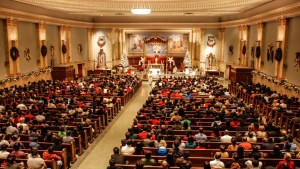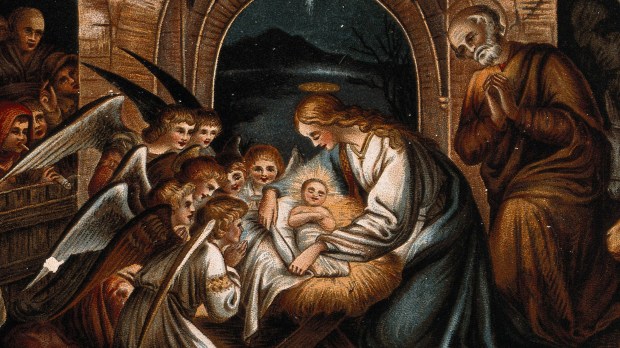In English-speaking countries, a common Christmas carol is “The First Noel.” It is sung in many churches and is broadcast over the radio frequently during this time of year. The word has a rich history and dates back hundreds of years.
First of all, the Merriam-Webster Dictionary explains, “It can be traced further back to the Latin word natalis, which can mean ‘birthday’ as a noun or ‘of or relating to birth’ as an adjective. (The English adjective natal has the same meaning and is also an offspring of natalis.)”
In this way, “noel” is connected to the birth of Jesus, and is why in French the traditional Christmas greeting is “Joyeux Noel!”
At the same time, the word was also used liturgically in the days leading up to Christmas to signal the upcoming feast, according to an article printed in 1907 in The American Ecclesiastical Review.
The word “Noël’’was anciently a cry of joy, and was sung at Angers [France], during the eight days preceding Christmas, fifteen times at the conclusion of Lauds, and thus it came to be used at other seasons of rejoicing. It is said to be a corruption of Emmanuel.
Noel, then, is both a prayer and a greeting during Advent and Christmas. It reminds us of Christmas joy and heralds the upcoming celebration of the birth of Jesus Christ.

Read more:
“Xmas” is the Mass of Christ

Read more:
Prepare your heart for Christmas with the Great Antiphons

